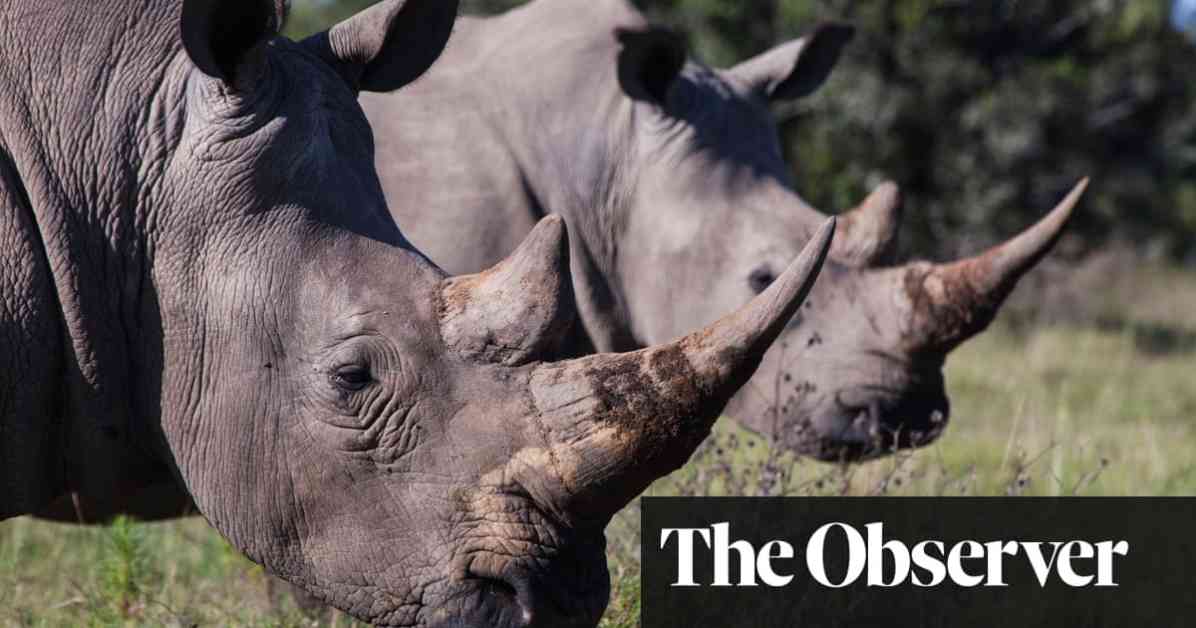Legalizing Rhino Horn Trade: Wildlife Expert Urges Change in Attitude
International trade in rhino horns should be legalized, according to Martin Wikelski, a prominent wildlife expert. In an article published in the research journal Science, Wikelski argues that only through carefully monitored, legitimate transactions can the world’s remaining rhinoceros species be saved from the brink of extinction. This controversial proposal has sparked intense debate among conservationists and experts in the field.
The Situation at Hand
The escalating threat of poaching by international crime syndicates has led to a drastic decline in the global rhino population. Traditional conservation efforts have failed to stem the tide of illegal hunting, prompting Wikelski to advocate for a new approach. By legalizing the trade in rhino horns, he believes that market control can be regained, ultimately putting an end to the rampant poaching that plagues these majestic creatures.
The Proposal
Wikelski’s radical idea involves removing rhino horns and allowing new ones to grow, while selling the harvested horns to generate revenue for rhino protection programs. Currently, the extracted horns are stored in secure vaults, awaiting a potential shift in policy. However, this proposition has raised concerns among many conservationists who fear that a legal trade in rhino horns could exacerbate the problem rather than solve it.
Expert Insights and Reactions
Rascha Nuijten, director of the Future For Nature Foundation, expressed skepticism about the feasibility of Wikelski’s plan. She warned that a legal rhino horn market might fuel increased demand, facilitate money laundering, and complicate law enforcement efforts. Furthermore, there are doubts about whether the existing legal supply can meet the insatiable demand for rhino horn in consumer countries.
The Human Impact
The devastating consequences of rampant poaching are evident in the dwindling numbers of rhinos across Africa and Asia. From half a million at the turn of the 20th century to a mere 27,000 today, the decline is staggering. With five rhino species facing critical endangerment, urgent action is needed to protect these iconic animals for future generations.
In conclusion, the debate over legalizing the trade in rhino horns is far from settled. While some experts advocate for a regulated market as a potential solution, others remain wary of the unintended consequences. As the world grapples with the urgent need to preserve endangered species, finding a balance between conservation efforts and economic interests is crucial. The fate of the rhino hangs in the balance, awaiting a decisive and sustainable solution to ensure its survival in the wild.














